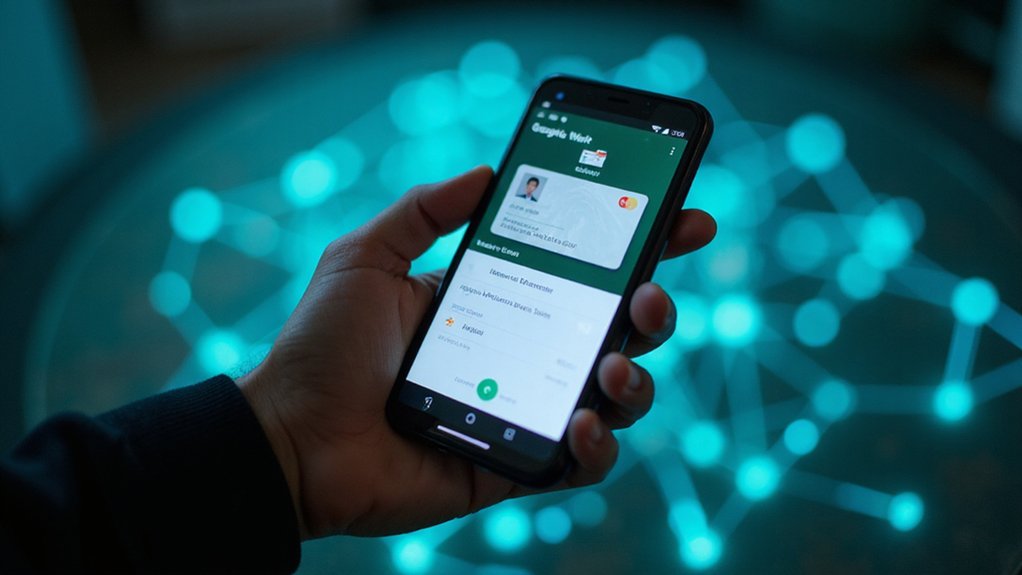In a move that signals Google’s expanding footprint in the digital identity space, the tech giant has introduced a sophisticated age verification system for Google Wallet that leverages Zero Knowledge Proofs (ZKPs) and blockchain technology—two cryptographic innovations previously relegated to cryptocurrency enthusiasts and privacy advocates. The integration represents a watershed moment for cryptographic privacy measures, as Google deploys this verification method across its digital ecosystem, enabling users to confirm their age without divulging sensitive personal data.
The technology’s brilliance lies in its paradoxical simplicity: users can prove they meet age requirements without actually revealing their birthdate. This cryptographic sleight-of-hand guarantees that verified age information remains entirely disconnected from user identity—a non-trivial distinction in an era where data triangulation has become disturbingly commonplace. Google’s commitment to open-sourcing this ZKP framework may accelerate industry-wide adoption, potentially establishing a new standard for privacy-preserving verification. The implementation of ZKP technology ensures that there is no tracking of identity during the verification process.
The paradox of proving without revealing—Google’s cryptographic masterstroke may redefine privacy standards across digital verification landscapes.
Google’s implementation extends beyond mere technological innovation; it represents a geographic expansion of digital identity capabilities. With support for government-issued IDs in additional U.S. states (including Arizona, California, and Colorado) and entry into the UK market through passport integration, Google Wallet is rapidly becoming a universal digital identity repository. The company’s partnership with Rail Delivery Group for railcard eligibility verification in the UK further exemplifies practical applications. Digital ID passes created from UK passports are now stored in Google Wallet for convenient access and verification. Unlike traditional Web3 wallets that provide non-custodial asset management, Google’s system focuses specifically on identity verification while maintaining similar security principles.
For businesses maneuvering regulatory compliance mazes, this technology offers an elegant solution to age-verification requirements without compromising user privacy. Dating apps like Bumble have already integrated the system, allowing users to verify age-restricted access without surrendering additional personal information. The consumer benefits are equally compelling: faster verification processes, enhanced privacy, and streamlined user experiences across platforms.
Perhaps most intriguing is how this mainstream deployment of crypto-inspired technology may normalize blockchain and ZKP concepts for the average consumer. By embedding these sophisticated cryptographic mechanisms within familiar interfaces, Google has effectively smuggled cutting-edge privacy tech into the mainstream—proving that blockchain utility extends far beyond volatile digital assets and speculative tokens.






